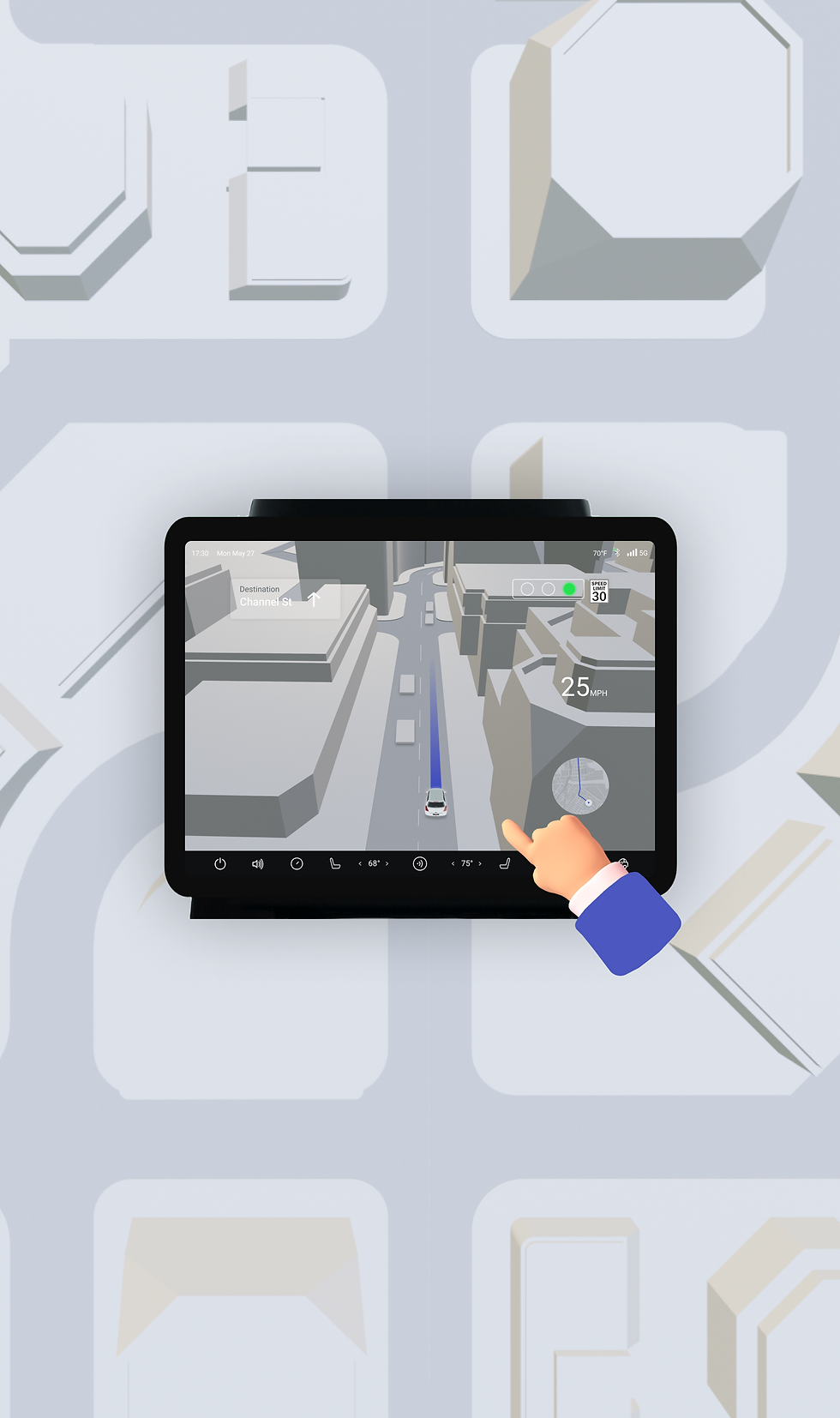

Role
UX Designer
Jan 2020 - Jun 2020
Timeline
User Research
Skills
Wireframing
UX/UI Design
Prototyping
Figma
Whimsical
Tools
Hhouse
Hhouse is a website service-building project that includes a series of user research and design that assists young international students who study in the United States in finding a suitable homestay. It provides online services including discovering the homestay, locating the places, communicating between the families, and so on.

Design System
As the communication between China and the globe has increased over the years, more Chinese international students tend to study overseas at a younger age. Due to the age restrictions, most minor Chinese international (age under 18) students choose homestay and school dorms to live in until they graduate from high school. The ability and method to seek out a safe, friendly, and home-like host family remain unclear.
Background
Ideation
In order to translate the findings to a more straightforward way, I categorized three personas of the student groups and how they may have had different experiences when finding and living with the homestays.
Reflections
The entire project involves a series of research toward the specific user group which is the minor Chinese international students who are independent living and studying in the United States. To make a conclusion of the project, some of the interesting facts that I found are:
-
Teenager students tend to have diverse experiences and needs while living abroad
-
Both on-site interviews and online questionnaires provide thoughtful insights
-
Usability testing could be conducted to evaluate the product as the student's mental models are constantly changing at this age
Overall, I would like to thank both the client and participants who provide this opportunity to work smoothly with them and create meaningful design solutions for the students.
The page serve as the landing page of the service which welcomes the user to search for the homestay that they wish to stay
For the specific characteristic of the homestay, the users can use the school year as the factor to search for the homestay results and information

Landing Page

Research
In order to gain a basic overview of the current Chinese international student's living and study situations, I conducted a series of secondary research to have a quantitative data about the facts of the students.
What countries do Chinese students go? (2016)
19%
go to middle and high school students
430,000
Chinese international students study in the U.S.
Increase in minor student numbers over the past 3 years
40,000
What are some of the numbers?
Where do minor students live?


Since the growing number of minor international students continues to increase, it's important to gain a deeper understanding of what their real living conditions look like during the homestays.
Therefore, I conducted the primary research that includes an online questionnaire log and interviews with the selected sample population. A total of 23 participants have been involved in the procedure, and all of them share experiences living with a host family in North America.
According to the feedback, 82% of participants reported some sort of negative experiences of living with the homestay. Finding a suitable homestay becomes truly crucial.
Current Siuations
-
Many minor students and their parents do not have sufficient knowledge about the homestay until the students have moved into the house
-
The nagative experiences may result from multiple factors such as culture, habits, and belief
-
The selecting homestay process is unclear with lack of communication and information
Potential Solutions
-
A platform provides precise and updated information about the homestay to the students and their family
-
Allows both families can share information and communicate in a more efficient way

Persona


User Journey Map

Information Architecture
Several factors such as the locations, details, and contact methods are the important features that should be emphasized within the service. In addition, the majority of service interactions should be from finding a suitable homestay to officially arriving in the intended country.

Webpage Wireframes
The focus of the design is to build the website to be more precise and efficient in terms of locating and communicating between the students and the homestays. As it's service-oriented, it should:
-
Provide an intuitive pathway for students to look, locate, understand, prepare, and arrive at the selected homestay
-
Present the information among the three parties of the student, the homestay, and the school with more transparency such as basic demographics, house members, and program details
-
Bridge the communication gap by ensuring both the student and homestay could timely discuss and share relevant concerns and principles
Design
The page shows the details of the homestay family including family members, available rooms, primary language, school distance, reviews, and so on
It introduces the homestay details, which ensures the user receives proficient information prior to talking and reserving with the homestay

Homestay Details Page

Users are able to choose the date that they arrive and notify the homestay in advance
The lease date is flexible based on the exchange program and regular academic year calendar
Users complete the survey prior to send the reservation which allows the homestay to have a better knowledge of the student

Reservation Page
The left homestay list shows the available information such as house members, vacant rooms, and languages with photos of the house amenities
Accompanying the list, the map on the right side also provides geographic information about the homestay unit and neighborhood schools

Find Homestay Page
Each student who has lived in the selected homestay could share their comments and reviews about the homestay based on their personal living and studying experiences
The review section speaks from a student's perspective and provides information and guidance for the prospective students

Reviews Page
Most students find the existence of lifestyle differences as the top factor resulting in a negative experience when living with the homestay. Following that, the location of the family, general safety, and family members may increase the students' anxiety and worry about their living conditions. An innovative way to bridge the gap between the student and homestay is important.



